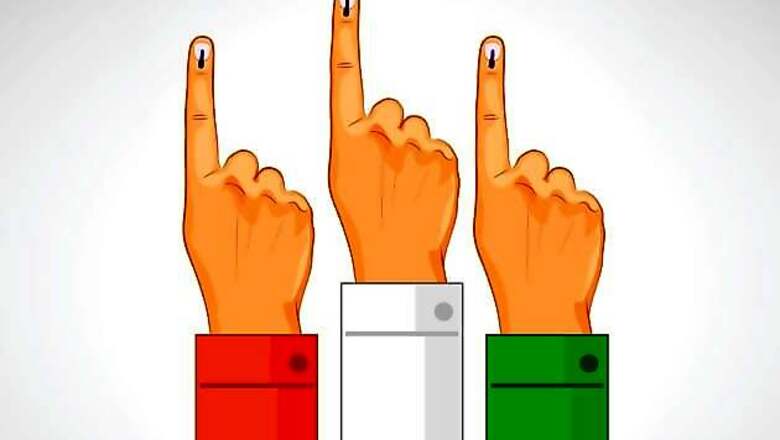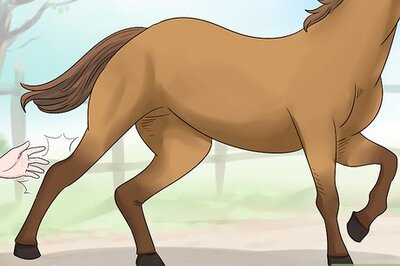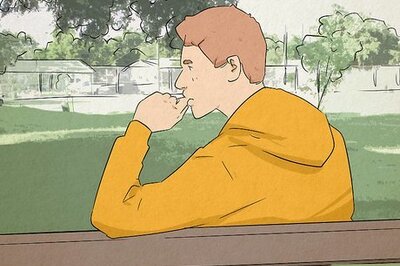
views
The Aam Admi Party's meteoric rise to prominence in the past few months has made it a major topic of discussion this electoral season. Traditionally, however, it has not been easy for India's political parties to establish an electoral presence nationally. Barring the Congress and the BJP, most other parties today are regional in prospect if not ambition. And among the long list of parties which have been consigned to the recycle bin of electoral history is the tragic but instructive saga of India's most unsuccessful political party, which tried to compete nationally all at once and failed.
What this saga teaches us is it is difficult for a party to create a truly mass base across the country, appeal to the many different Indias there are, and create an electorally viable identity that lasts. It can't be an overnight job. So here is the story.
The Doordarshi Party, for those too young to remember it, was the brainchild of Baba Jai Gurudev, who had a considerable following back in the day in North and West India. He set up the party in 1980, possibly after a stint in prison during the Emergency made him want to take a hand in political reforms.
It did not help that the party's name was decided just around the time when television, and with it India's state-owned channel, was becoming popular across the land, making the Doordarshi Party less farsighted and more the object of some ridicule.
Jai Gurudev had a lot of ideas up his sleeve, some unoriginal, a few good ones and others dangerously crazy. Among the unoriginal ones were constitutional reform, employment for educated youth, exemption of farmers from agri loan repayment, abolition of octroi (to the delight of the business classes). Yet others were interesting and even positive points, such as its promise to enforce a retirement age for politicians and to ensure they were limited to a single tenure of five years, sale of loss-making PSUs and release of innocent prisoners (how they proposed to make this judicial overhaul they didn't specify).
But the Doordarshi Party wasn't all sweetness and light; it occasionally stepped into cloud-cuckoo land with a vengeance, such as promising to introduce a dowry system that would be acceptable to all citizens across the country (including, one presumes, sellers of LPG cylinders and gas stoves), banning labour unions across the board, and promising that the rest of the world would regard India as the greatest power. How they would accomplish the last point they did not specify.
Also, Jai Gurudev insisted that every party candidate had to be vegetarian.
Armed with this set of good, bad and weird ideas, DDP went to the hustings in 1984, contesting in 97 seats, mainly in the North and West. It got 0.20 per cent of the total votes polled and didn't win a single seat. In 1989, the year the Rajiv Gandhi government went out of power and a fractured mandate saw the beginning of several regional parties, DDP put up 288 dedicated vegetarians for the good cause. They polled a total of 0.45 per cent of the total votes cast and, yet again, didn't win a single seat.
Unperturbed, the Gurudev got together 321 candidates for the 1991 elections. The Congress, his old enemy, returned to power, while the Doordarshi Party got 0.17 per cent of the voted cast and yet again couldn't open its account. Final score - seats contested 716, won zero, making them Independent India's most unsuccessful political party bar none.
The godman got the message. DDP folded its electoral tent in 1997 and vanished with the night. That bill on an "acceptable dowry system" will have to wait for another time.
####



















Comments
0 comment